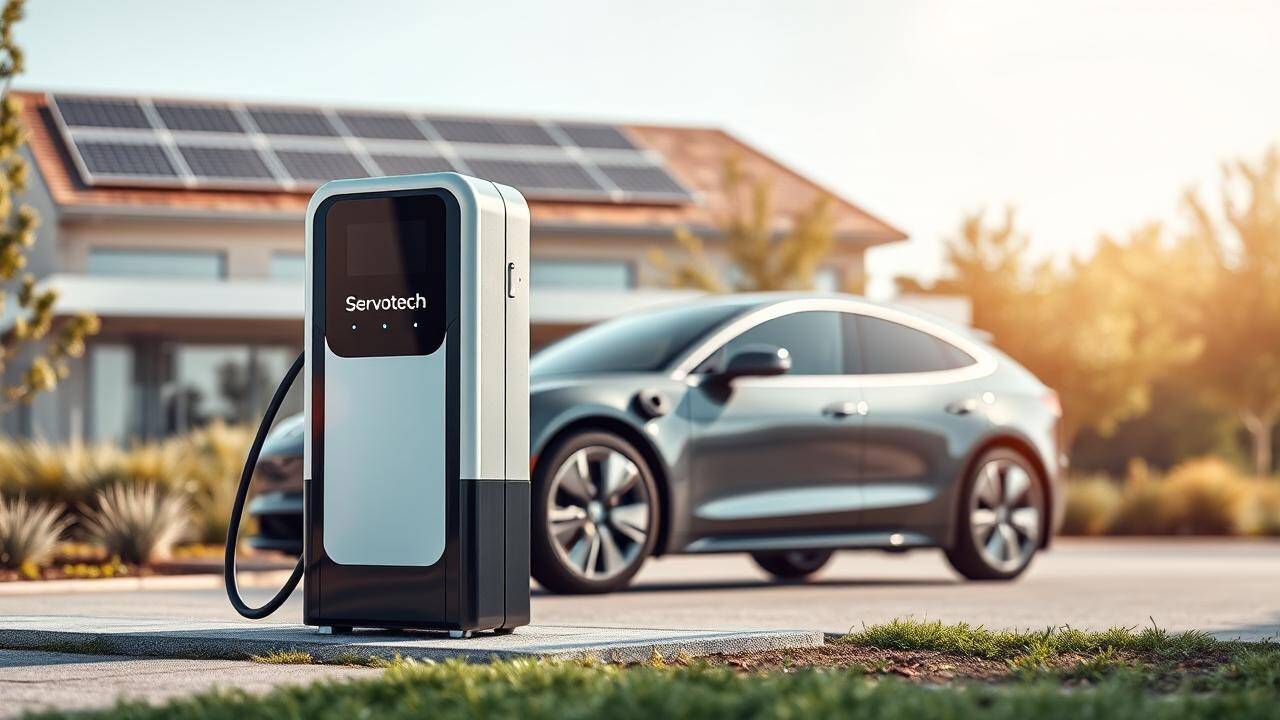In response, the government has advised automakers to temporarily import fully-built traction motors or their sub-assemblies to circumvent supply bottlenecks, sources added.
 The PLI program is part of a broader government effort to reduce reliance on imports across key sectors, including electronics, textiles, semiconductors, and EVs.
The PLI program is part of a broader government effort to reduce reliance on imports across key sectors, including electronics, textiles, semiconductors, and EVs.“>
India is considering a relaxation of its stringent 50per cent localisation requirement for electric vehicle (EV) makers and suppliers in light of China’s recent curbs on rare earth exports, according to people familiar with the matter told Bloomberg.
While the Society of Indian Automobile Manufacturers (SIAM) has not yet submitted a formal request to lower the threshold, industry representatives have raised the issue during consultations with the government, the sources said, requesting anonymity due to the private nature of the discussions.
China, the dominant global supplier of rare earth minerals, imposed restrictions in April on the export of these critical materials, which are used in the production of permanent magnets essential for EV traction motors. The move has disrupted supply chains and posed a challenge to India’s localisation goals under the Production Linked Incentive (PLI) scheme.
Indian auto industry’s urge
In response, the government has advised automakers to temporarily import fully-built traction motors or their sub-assemblies to circumvent supply bottlenecks, sources added. The Ministry of Heavy Industries has not yet commented publicly on the issue.
Suppliers and manufacturers are reportedly scrambling to secure alternative sources and are working on expensive workarounds to continue production. However, a prolonged disruption in the availability of rare earth materials could severely impact the ability of automakers to meet the localisation mandates tied to the PLI scheme, which offers financial incentives to promote domestic manufacturing.
The PLI program is part of a broader government effort to reduce reliance on imports across key sectors, including electronics, textiles, semiconductors, and EVs.
Despite the push for self-reliance, China’s control over the rare earth supply chain leaves Indian original equipment manufacturers (OEMs) with limited options. According to the people familiar with the matter, some automakers are already exploring the possibility of importing fully assembled motors or critical sub-assemblies directly from China to ensure production continuity.
India’s potential move to soften localisation norms could provide short-term relief to EV manufacturers, though it also underscores the country’s dependency on critical materials from China and the urgent need to develop resilient, localised supply chains.
Join the community of 2M+ industry professionals.
Subscribe to Newsletter to get latest insights & analysis in your inbox.
All about ETAuto industry right on your smartphone!
- Download the ETAuto App and get the Realtime updates and Save your favourite articles.




